A flying update – plus digging into Ubisoft & Rovio ESG reports; how to embed sustainability in an org; more extreme weather; and the fascinating engineering of the PET bottle
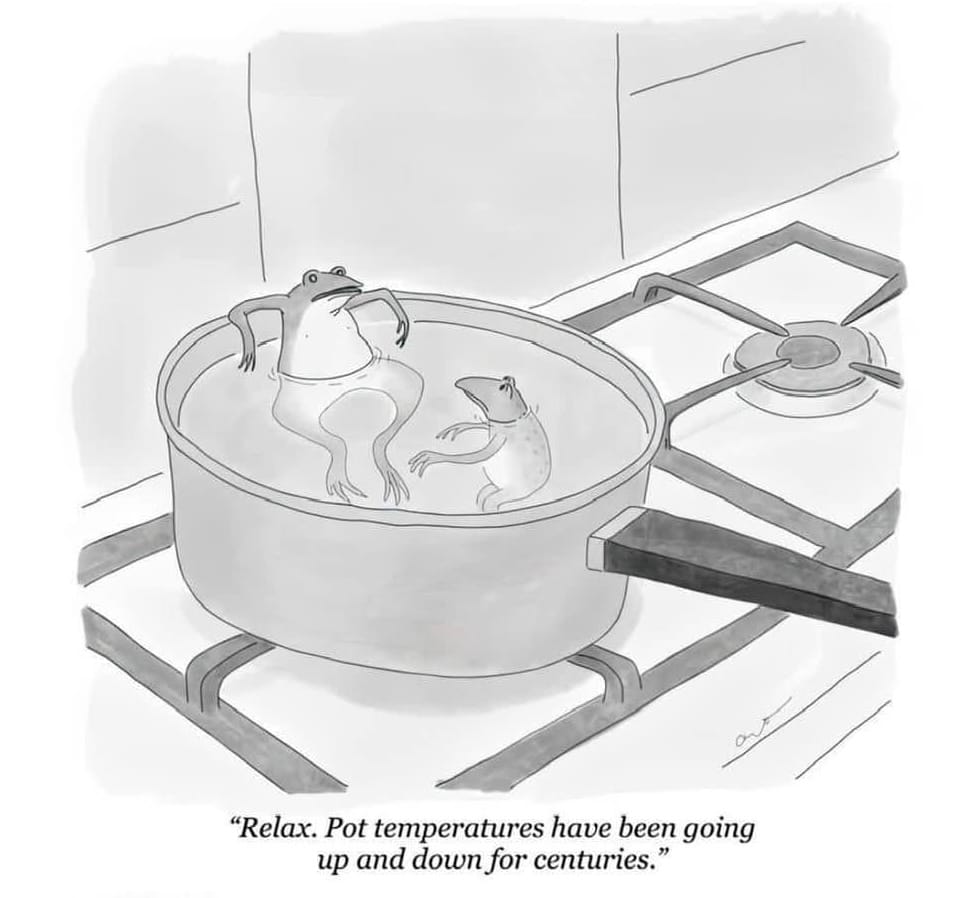
Greetings, friends and fellow games sustainability nerds. It's been weeks since I've done a proper post for GTG, and I am feeling the itch. But I'm not quite ready to share more of the work that's kept me so busy and away from GTG, but I have come across some truly exceptional new data sources that I think will be worth sharing with the wider world, as they change the received picture of what's been happening with energy consumption on the internet somewhat. But that's still a little way off.
For now, it's winter in the southern hemisphere, and all of Europe (just about) has gone on holiday, of which I am deeply jealous. All I got was a terrible case of the flu, which destroyed my sinuses and left me sounding a bit like Gilbert Gottfried. So instead, here's an update on some of the public-facing stuff we've done at the Sustainable Games Alliance over the past few weeks.
First of all, we held a meetup on how to spot and avoid greenwashing in games comms – essential ways to skill up for any customer-facing folks in the games industry. The green claims directive might be on "pause" – but the "empowering consumers for the green transition" directive has already added greenwashing to the EU list of topics considered "unfair commercial practices", so the risk is not going away. If anything, the lack of a certification scheme for green claims (for any claim in a product for superior environmental performance) means that the risk is higher. The Green Claims Directive would have given us more certainty. Catch up if you missed it with the recording.
Secondly – we held a public event to discuss the role of digital advertising in games, with Ubisoft's Andrea Carrera and Ad Net Zero's Anthony Falco. This was a great event, I learned a lot from Andrea's description of the challenge that Ubisoft faces with measuring and reducing digital ad emissions – particularly around the scale of the challenge: digital ads make up around 16% of the Ubisofts total upstream Scope 3 emissions. That's a hefty chunk of climate impact that we would really benefit from doing something about.
Following Andreas overview, we got a deep dive into the Ad Net Zero Global Media Sustainability Framework (GMSF) – which provides super detailed methodologies for calculating the different components of what it takes to get ads in front of eyeballs. If you've not looked into how programmatic advertising (which is a major part of online ads) work, you might be in for a shock – I think Anthony says at one point that a single request for programmatic advertising might connect with or activate hundreds of online servers. This is the huge, hidden underworld of advertising infrastructure, and there's so much we can (and will) do to optimise it, to reduce waste, resulting in lower GHG emissions. But it starts with having a consistent approach, shared, open-source methodologies that anyone can apply. Which is exactly the approach that we're taking with the SGA GHG Standard, and we're super excited to have found Ad Net Zero and the possibilities of our partnership.
Also: are you going to Gamescom? If you are – get in touch with the SGA and lets chat about games + sustainability!
Games ESG Reports
Rovio have released their 2024 Sustainability Report [PDF] – no major revelations or big surprises, as they've been transitioning to the EU ESRS/CSRD reporting format this year, though, now the European Commission has decided in its infinite wisdom to pause that rollout, Rovio has still done the double-materiality analysis part of the CSRD without having to report on absolutely every single relevant datapoint the ESRS asks for (including datapoints on the kitchen sink). So I'm sure they're glad for that.
Here's the GHG table for those interested – including headcount and per-revenue figures that look, well, very positive to my eyes (per-employee especially). As usual, use of sold products (gamers playing Rovio games) are the bulk of Scope 3.

Two smaller items that are worth mentioning – Rovio is planning an internal carbon price model (nice), and they missed their target of making an SBTi submission.
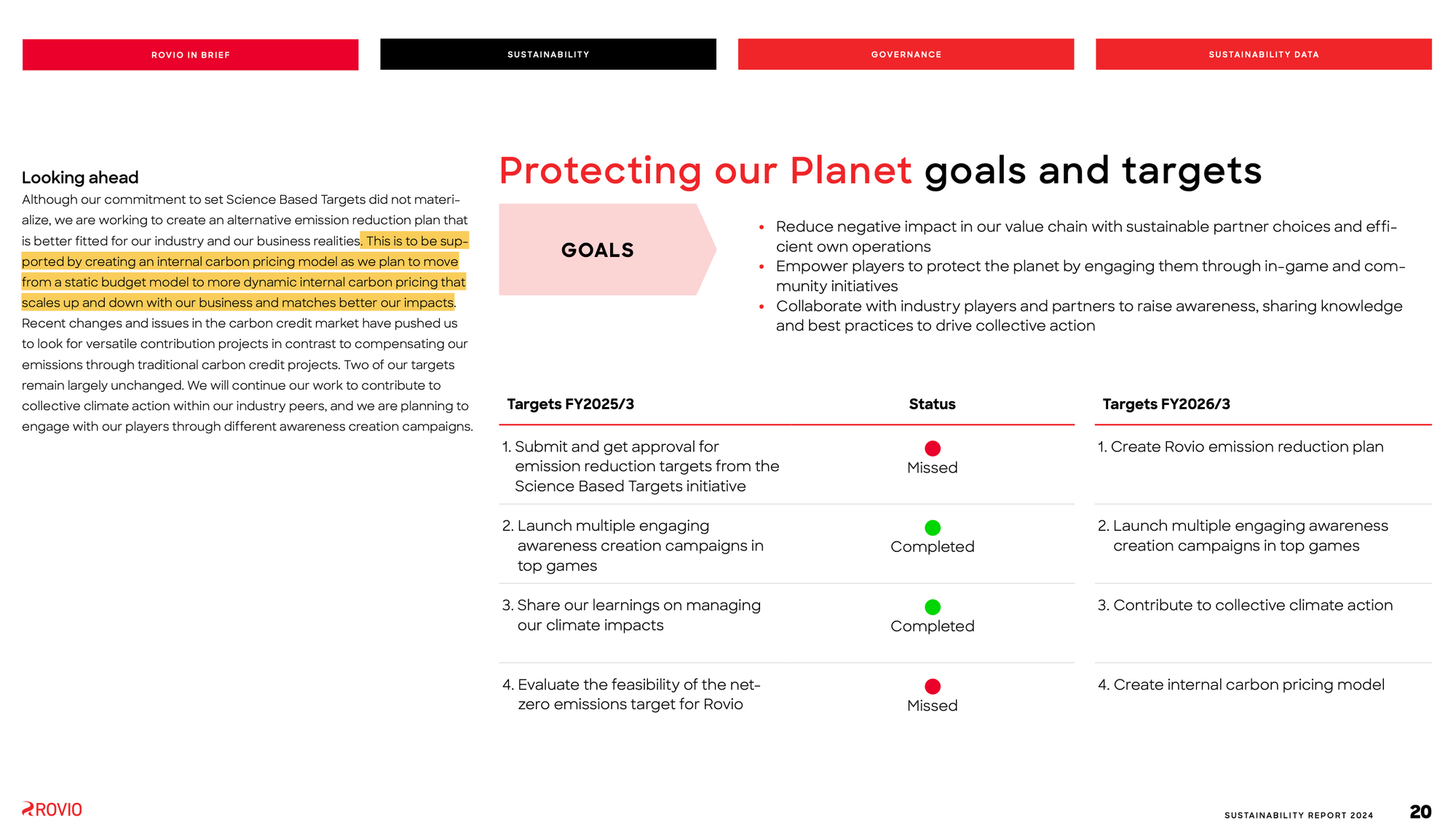
Ubisoft’s sustainability report is out too
You can read it here, but I thought I'd point out a few of its key features for you. It's Ubisoft's first fully CSRD compliant report, and its huge. I mean its always been huge, every year, but this time particularly so. First, on the emissions front we have some good news – they are actually still coming down. Does that make Ubisoft the most consistent, long-term emissions reduction company in the games industry? I'm not quite ready to say for certain, but it seems highly likely that no one else has delivered year on year reductions for so many years in a row (I'm seeing reductions each year for at least the past three years, perhaps longer). I can't think of another games company of the same scale that's been on the same trajectory. But I'll need to double check. Something for a future newsletter.
Biggest drops are in Scope 2 purchased electricity (market based), so they're buying more renewables – S3.9 downstream transport and distribution (downloads of games, plus other logistics distribution – down 40%) and S3.7 employee travel (commuting). Though downstream T&D might not be a durable reduction, as you can see 2020 t0 23 saw a rise, and transport/downloads of Ubisoft games probably tracks with release schedules. But it's a smaller component overall than Scope 2.
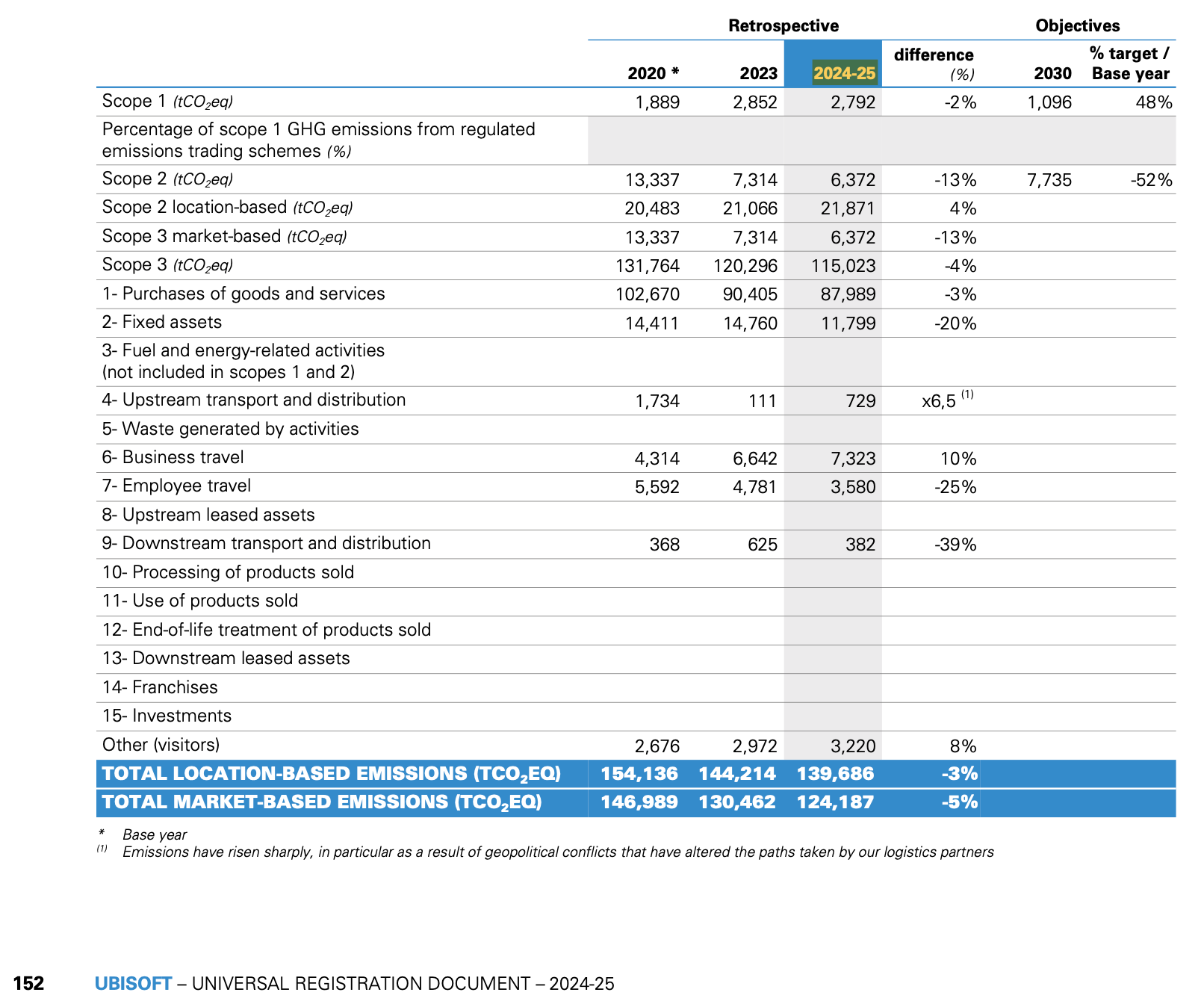
Heck even S3.1 Purchased goods and services are down 3% – and we'll see perhaps why in a moment.
In adapting to the requirements of the CSRD, Ubisoft have undertaken an extremely thorough risk analysis for their operations. The full list of impacts, risks and opportunities (IRO's) for the organisation runs to two pages of relevant, real, impactful insight that will help guide the org for the years ahead. But I particularly wanted to highlight the excellent climate risk analysis they've undertaken as well. Here's the page long list of all the ways climate intersects with what Ubisoft is doing:
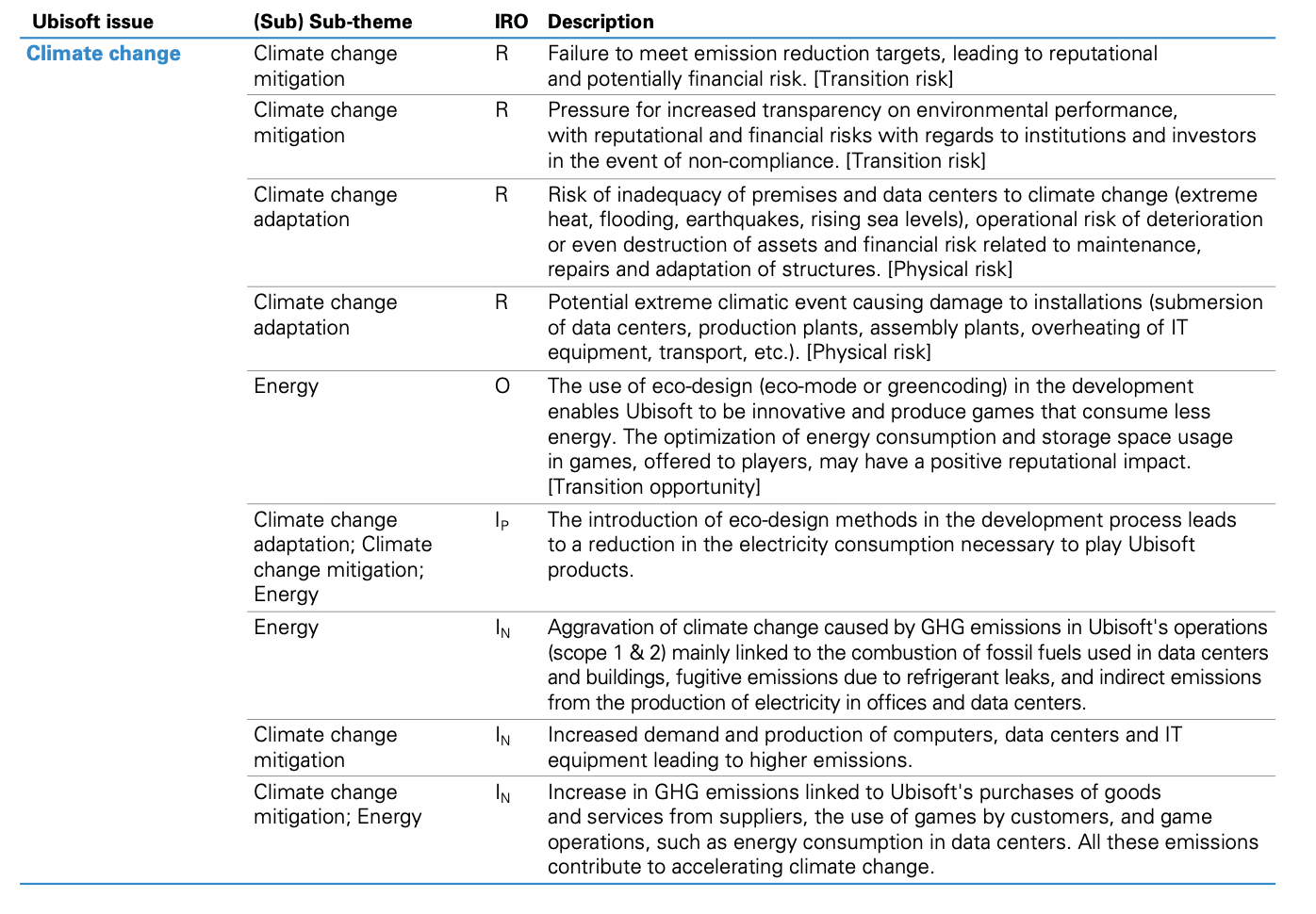
There's also a really comprehensive disclosure of the methodology and process they went through to produce this analysis, and the results are summarised in the following paragraphs:
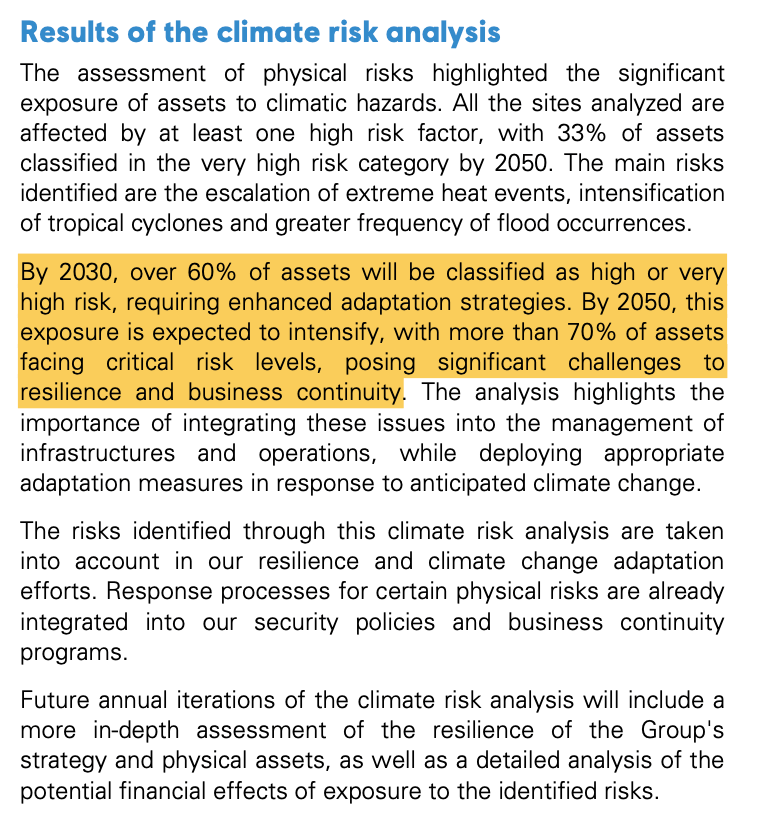
Yes, that's right, within five years as much as sixty percent of assets will be at high or very high risk of climate impacts. That's practically tomorrow, in corporate terms. But at least now we know, and Ubisoft can get to work on mitigating and adapt to our new normal. Forewarned is forearmed.
Much like CDProjektRED's report earlier this year, which identified urban heat and local flooding risks to their own operations, Ubisoft's climate risk analysis sets a similarly high benchmark for what a thorough, sober, and scientifically informed analysis looks like for a game companies. If I were an ESG investor, a pension fund manager looking to invest assets for 20-20 year returns, if I saw anything less I would now be asking some rather pointed questions about preparedness and risk management process. So kudos to the Ubisoft team for knocking it out of the park.
How has Ubisoft delivered these results? From year-on-year GHG reductions, to comprehensive risk analysis of their entire value chain, to a whole host of new and emerging practices to prioritise eco-design in games themselves – one enabler for all these achievements has been having a single, central policy document that highlights best practices and allows all sorts of teams and diverse roles to play their part in this group sustainability effort:
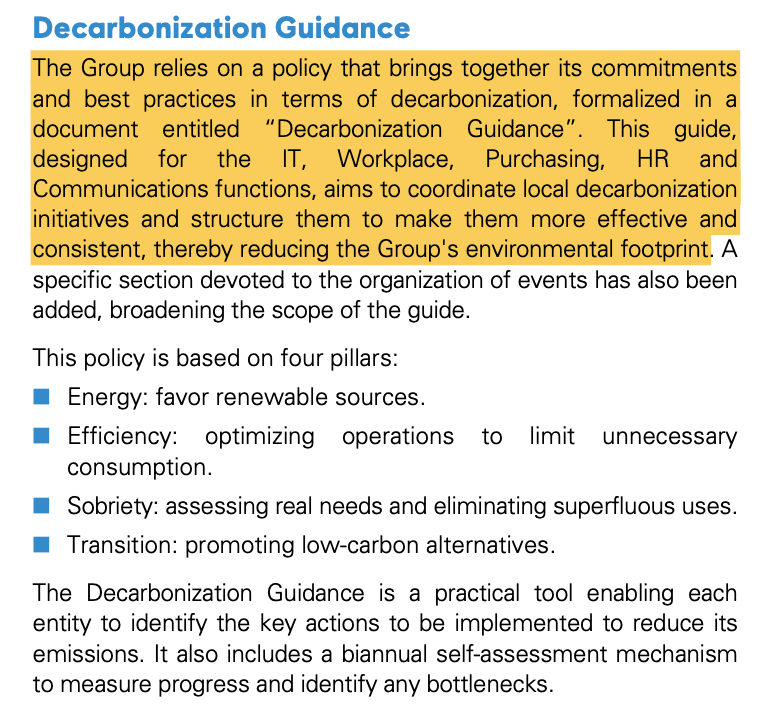
So that's a few of my favourite bits from the Ubisoft report from this year. Check out the doc for yourself for more.
Rapid fire sustainability news
Nintendo is blocking flash ROMs on Switch 2 and disabling devices - no brickings yet but the affected ones can't use online features.

Maybe that's because...
Brazil’s consumer protection agency is challenging Nintendo’s bricking Ts & Cs already
GOOD!

Bank of International Settlements quarterly report: charts on green bonds & regional GHGs
From about page 53 onwards, for the keen beans.
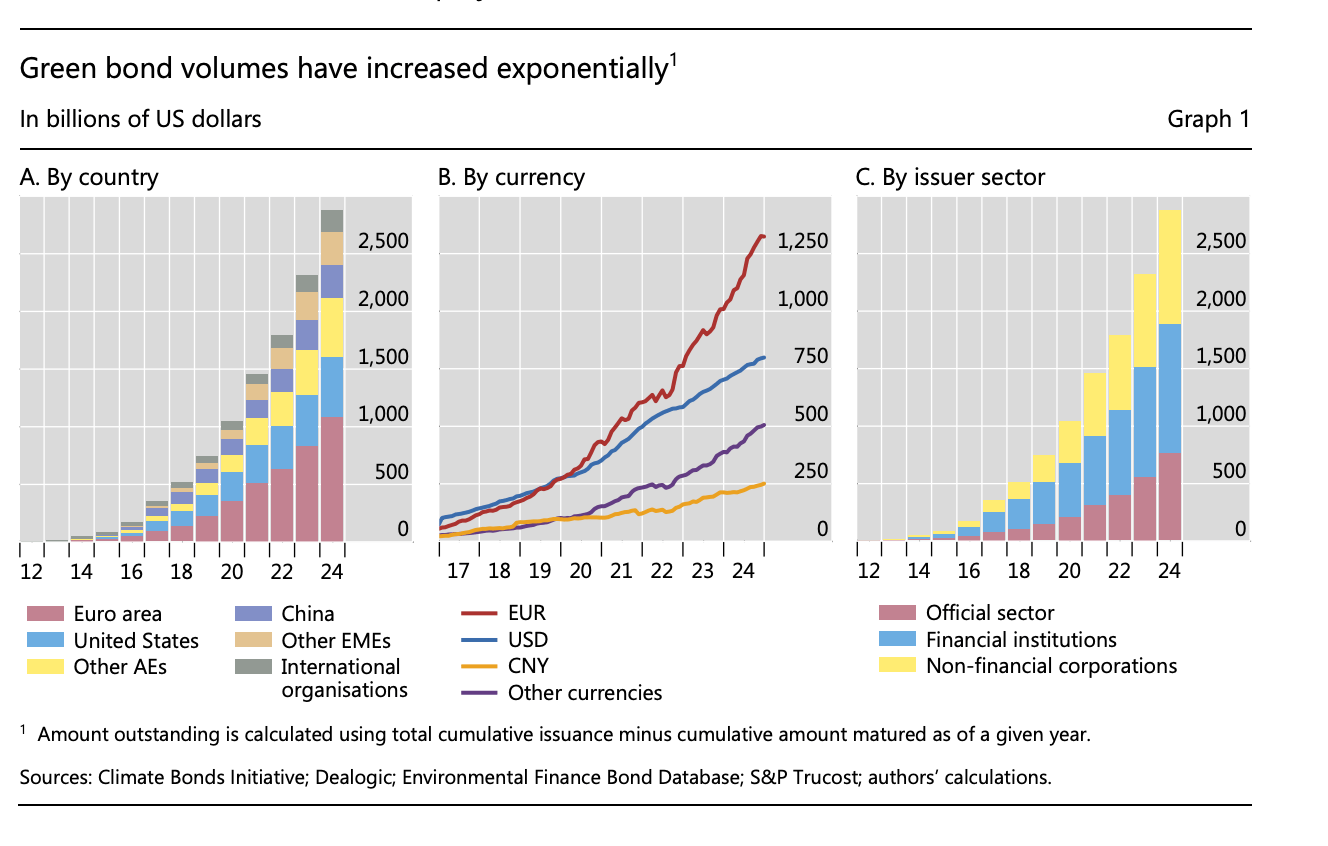
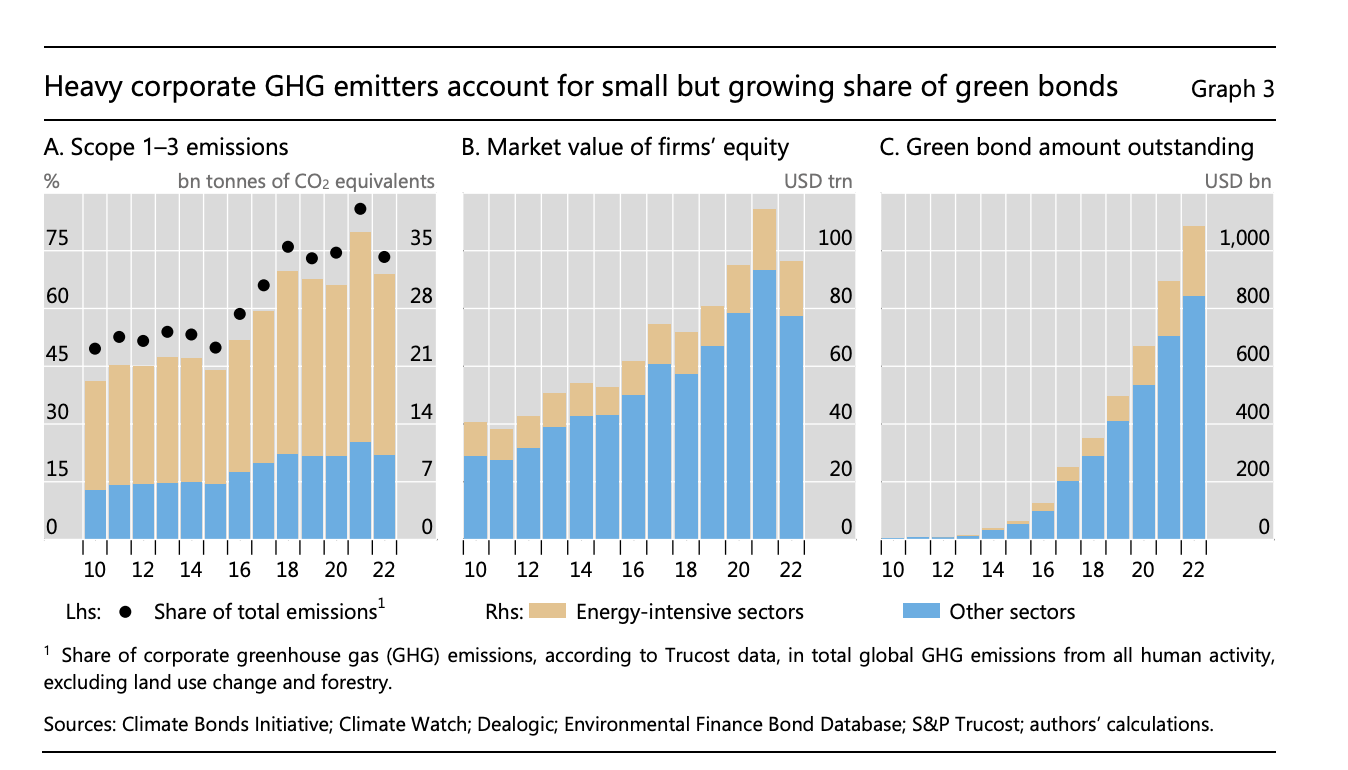
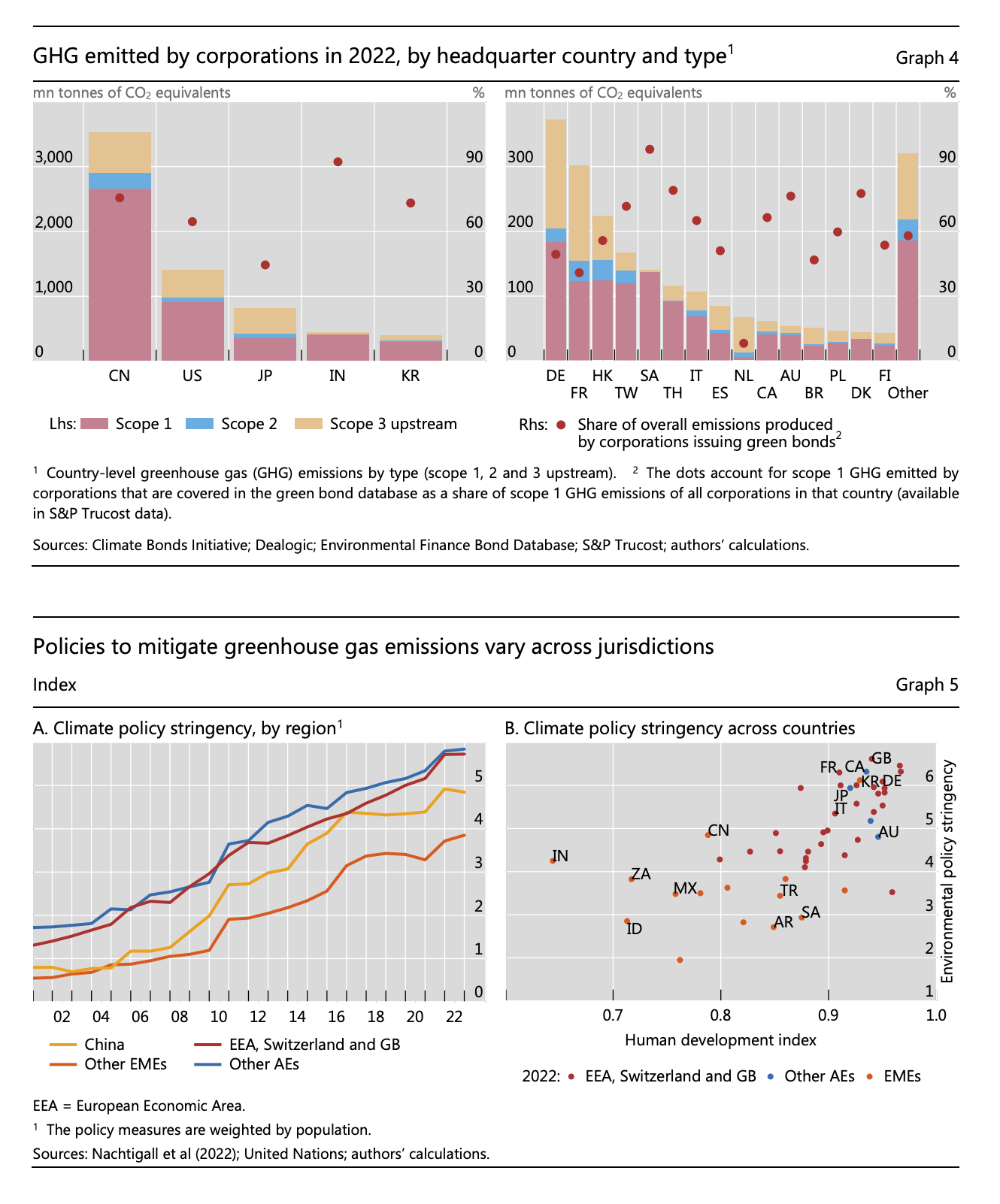
As Adam Tooze pointed out – for the period this data covers (up to 2022), the UK had the world's most stringent climate policy in the world. Neat.
Hitachi Energy CEO says AI power spikes threaten the grid
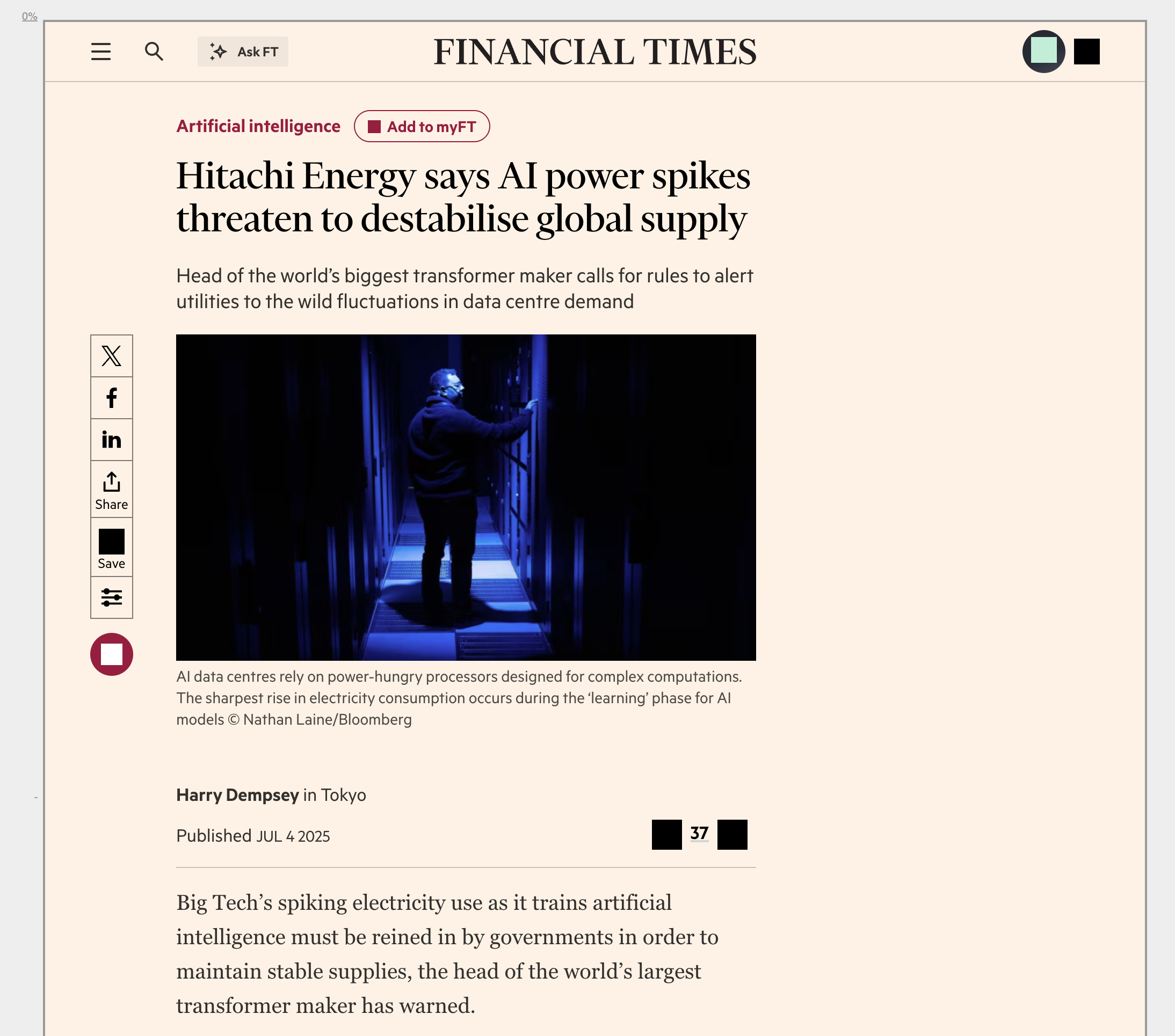
Extreme Weather & Climate Impacts
Weather makes a road buckle in Missouri and sends a car flying – this clip is actually insane. It looks like CGI.
Video captured the moment a road buckled and sent a car flying as a heatwave impacted Missouri on Sunday.
— AccuWeather (@accuweather.com) 2025-06-23T13:02:36.031Z
Expanding range of the bizarre lone star tick that causes meat allergy

Garonne river too hot to cool nuclear plant in France
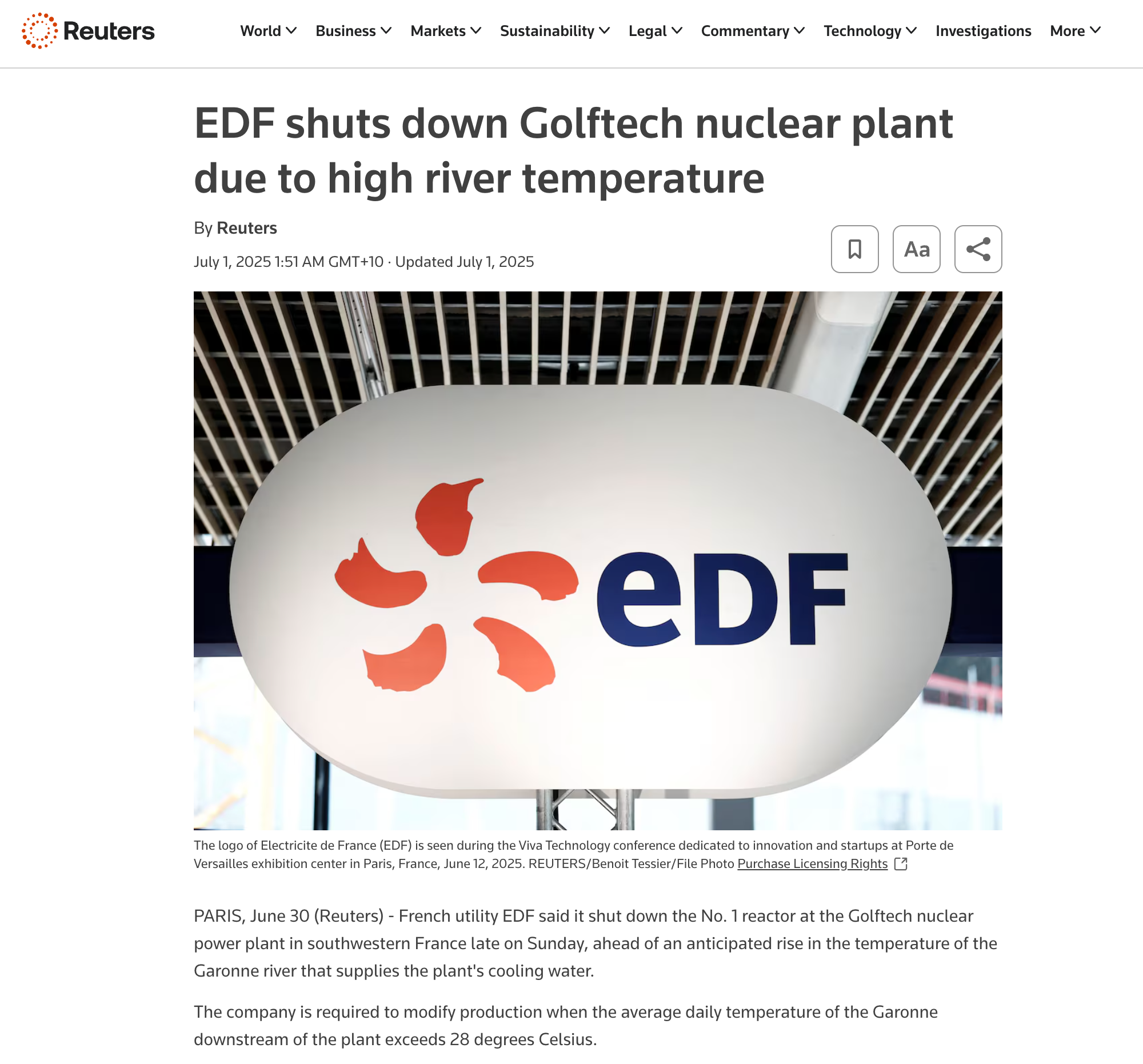
Extreme flooding in Texas
And of course, the tragic overnight flash flooding in Texas has brought out all the same terrible tendencies that we saw after Asheville and Helene – I've seen everything from victim blaming to conspiracy theories online now. Abominable stuff.
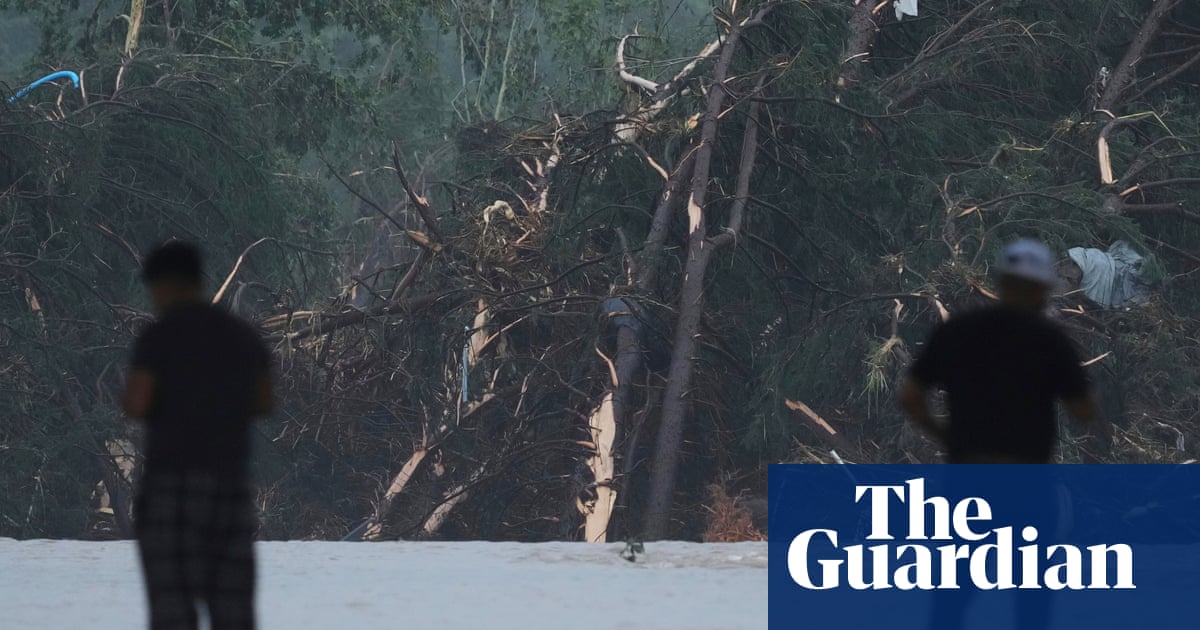
1/3rd of Tuvalu applies for climate refugee ballot
The tiny nation of Tuvalu is a test case for whether the world can deliver justice for the most directly impacted by climate change. The staggering hypocrisy of the Australian government with one hand extending the lifeline of migration while approving new coal and gas mines that will supercharge sea level rise with the other is just... well I don't have polite vocabulary for it.

Right after this report, however, Tuvalu downplayed the scale of the applications for visas, which is something, but the eventual inundation of the tiny island seems almost assured. And that's far from comforting.

New research: Accelerating increase in the duration of heatwaves under global warming
In case you felt like summer heat was lasting longer – you were right!
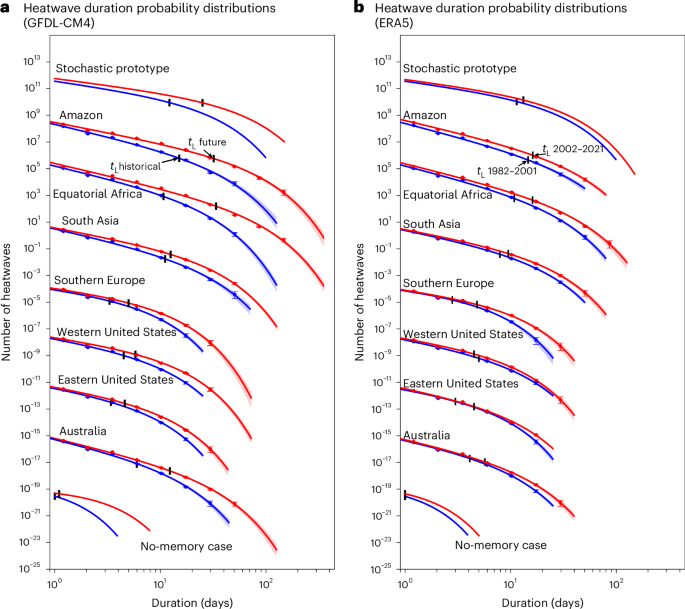
On a more positive note: The PET bottle
This potted history of the development of the PET plastic bottle is a bit of a tangent, but I found it super engrossing, particularly given that PET is the most easily and widely recyclable plastic we have.
That's all I've got for you for now – thanks for reading GTG! If you're on summer holidays, I hope you have a great time.






